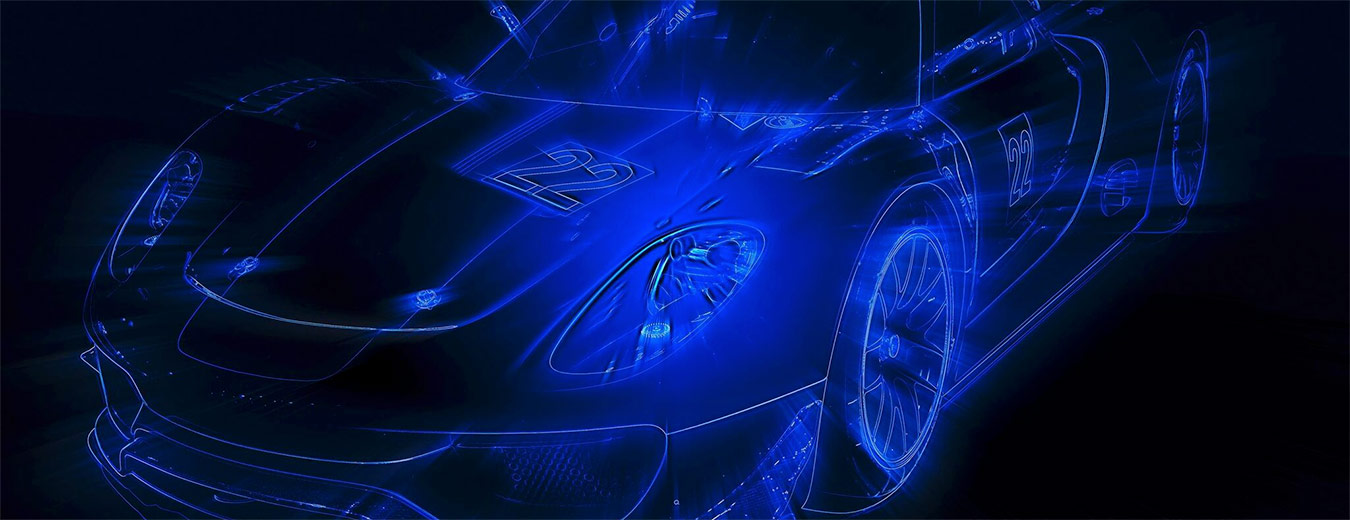
- by Kristin Shaw
- January 5th, 2017
Technology-Driven trends
According to McKinsey Global Institute, technology-driven trends will revolutionize how industry players respond to changing consumer behavior, develop partnerships, and drive transformational change. For the past couple of decades, cars have become more and more technology-focused, and the result is more potential advantages… and challenges. In any case, the race to keep up with all the technological options is constantly changing and updating. New light-weight materials, new electronics, advanced battery systems, intelligent navigation — we’re entering a new and exciting age for personal transportation and here are some of the innovations to look for in 2017.
1) Autonomous cars
There has been a research boom in the development of autonomous car technology, with important advances in radar, cameras, and GPS. Driverless vehicles will include fleets of trucks, shuttles, and sharing services like Lyft and Uber, and are predicted to be a major disruption to the market. They are also expected to substantially lower accidents on the road; one report from KPMG predicts that accidents will drop by 80% by 2040.
Business Insider Intelligence estimates that there will be over 10 million self-driving cars on the road by 2020. Other projections see autonomous cars making up over 15 percent of all vehicles sold in 2030.
2) Adaptive Suspension
Adaptive suspension systems, which allow drivers to tailor their vehicles suspension based on the desired experience, are starting to find their way into the mainstream. Car manufacturers like that they can offer buyers choices for their driving options.
Today’s adaptive suspension systems are advanced; most drivers can now easily distinguish between comfort and sport modes. In the past, the car’s ride was what it was and you had to take it or leave it. Now, you can choose the mode that fits your mood. And if you live in an area with terrain that is vastly different from space to space, adaptive suspension may be worth having.
3) Autonomous Safety Features
Tesla’s Autopilot, an add-on feature for Model S and X, was announced in October 2014, but is currently still in beta mode. The technology uses a combination of radar, cameras, and GPS; when engaged, a vehicle with Autopilot can steer itself, adjust speed, detect obstacles, apply brakes, and park.
These kinds of autonomous safety features are no longer just for Tesla, however. Many vehicles now offer a myriad of autonomous safety options, including lane assist, forward-collision braking and adaptive cruise control. Nissan offers Predictive Forward Collision Warning, which allows your car to respond to a perceived incident two cars ahead. Honda’s Civic will brake in the event of an impending collision, a Hyundai Elantra will steer itself back into its lane if it starts to drift.
Overall, autonomous technology is getting less expensive and more improved, and more safety seems like a good idea.
4) Blockchain
Blockchain technology is generating a lot of attention in the automotive world. This technology is, basically, a shared database of information which is very secure; it enables smart contracts (automatic payments); and it can be used to track items like assets and ownership. The first auto suppliers will use it in 2017.
(There is of course the obvious opportunity to create registers which will more efficiently track ownership and related finance of assets like cars. This may be used, for example, to prevent or track their fraudulent sale.) But it seems likely however that a range of other uses will emerge.
In the auto industry, where supply chain and all of its potential for counterfeit parts and related issues is so important, blockchain technology creates a trusted, accurate protocol for the supply chain. This establishes a system of checks and balances for the wide supply chain community with cloud servers validating and recording it all.
5) 3D printing car parts
3D printers can help consumers save money by printing their own hard-to-find car parts.
Daimler, Mercedes-Benz’ parent company, currently uses commercial 3D printers to produce more than 100,000 prototype parts for all its individual company divisions every year. 3D printing technology has now advanced to the point where these prototypes are virtually identical to the eventually mass produced versions, and cost very little to manufacture. As of last fall, Mercedes-Benz Trucks began offering 3D printed thermoplastic replacement parts for dozens of models of their trucks. These are factory-authentic Mercedes-Benz parts that offer the same quality and durability of the original versions, not cheap copies.
Former late-night host and well-known car aficionado Jay Leno says, “Some guys are so used to working in the traditional ways. They're old-school. So they've never seen this new technology in use--in fact, they're not even aware it exists. When you work on old cars, you tend to work with old machinery like lathes, milling machines or English wheels. When someone tells you that you can take a crescent wrench, for example, scan it, then press a button, copy it, and make a new wrench, these guys say, ‘Well, that's not possible. You can't make the little wheel that moves the claw in and out. You'd have to make it in two sections.’
But they're wrong. You can duplicate the whole tool.”
About the Author

Kristin Shaw is a writer, blogger, and marketing professional based in Austin, Texas. She was named a BlogHer Voice Of The Year in 2014 and 2015, and her work has been featured nationally at sites like The Huffington Post and The Washington Post. Her experience includes 20 years in marketing with technology and telecommunications companies, the last 10 in aviation IT. She has a deep love for automobiles passed down from her father and has a penchant for high-end sports cars and 1950s-era sedans.


